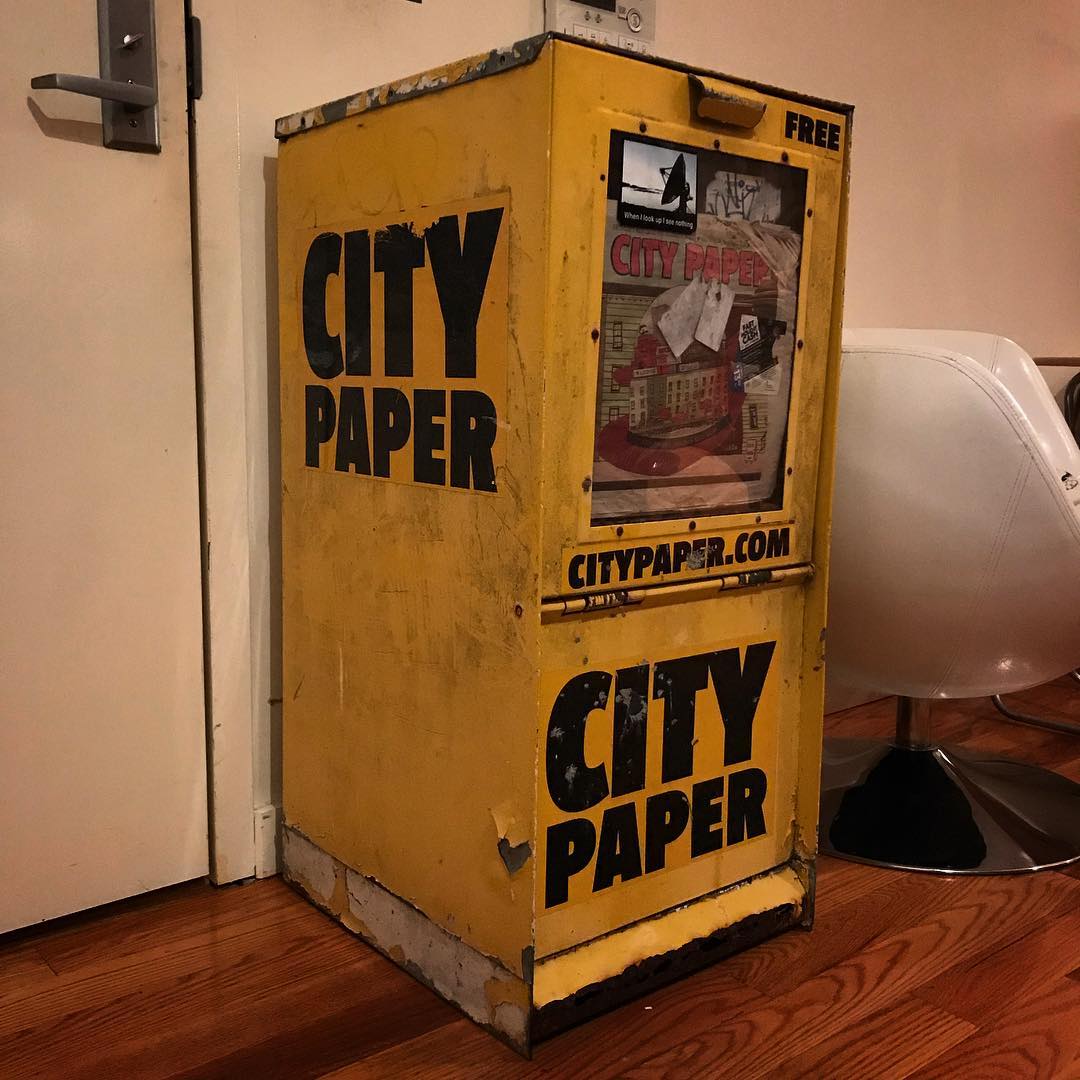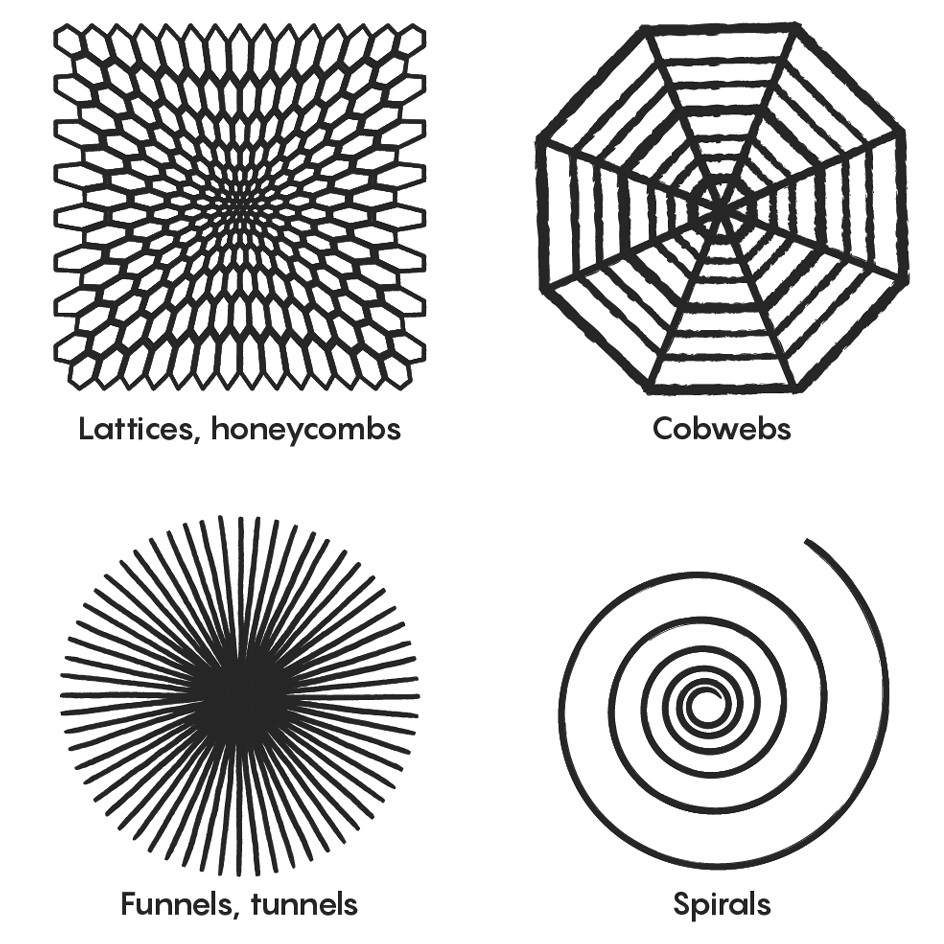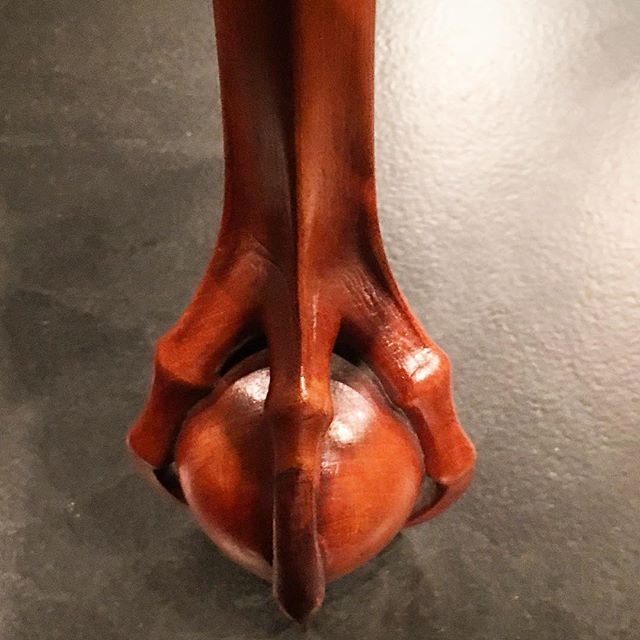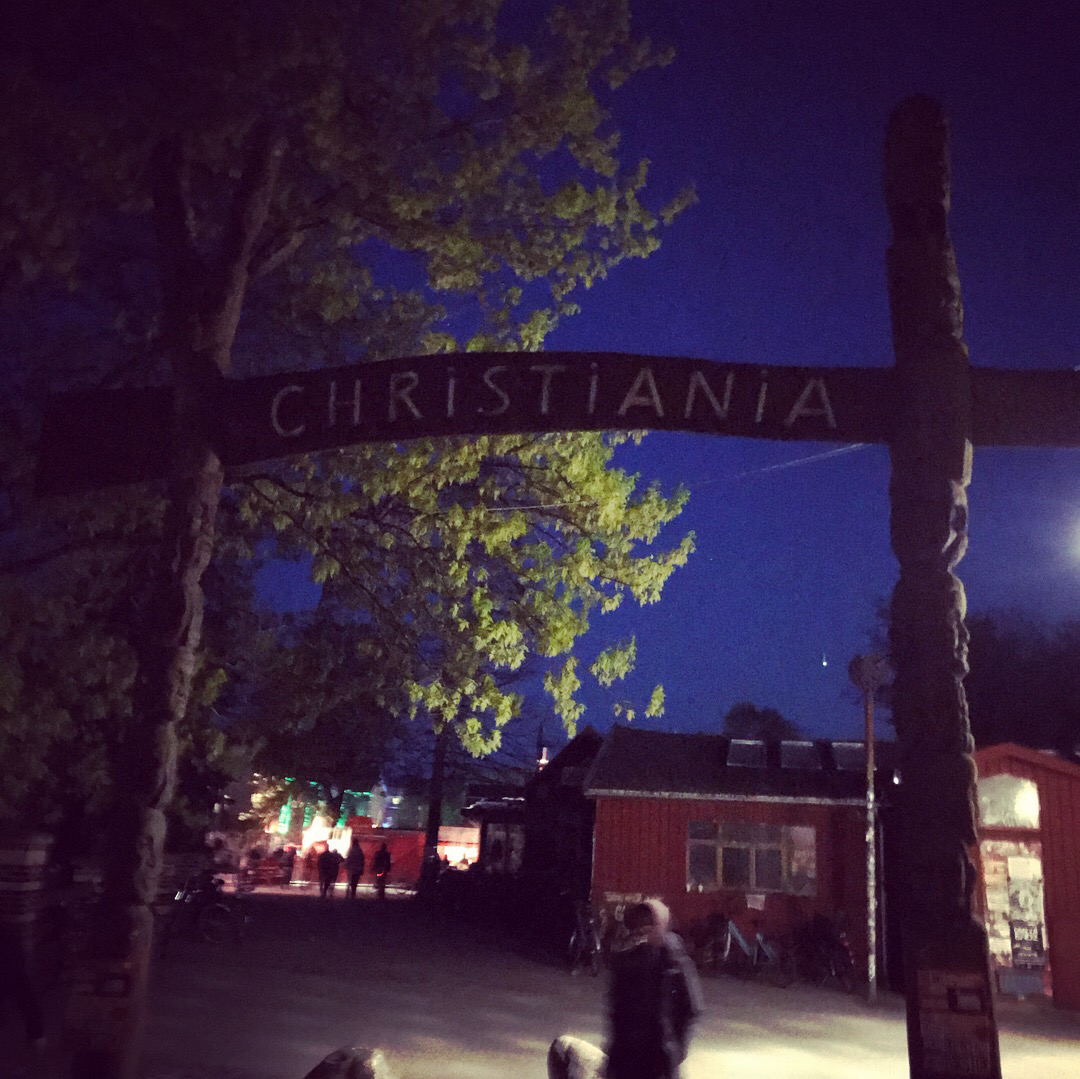 What I learned today: Early Christians had a complex love/hate relationship with the mythical unicorn. Unicorns showed up in the King James and some Catholic interpretations of the Bible. Some churches would even stash away what pastors assumed were unicorn horns (narwhal tusks sold to them by traders, evidently). They coveted the supposed water-purifying properties of the horn, but while dreaming of finding a unicorn, they also spent much artistic energy depicting the capture and slaughter of the unicorn, as this 15th Century artwork at the NYC Met Cloisters museum show Click to Read More...
What I learned today: Early Christians had a complex love/hate relationship with the mythical unicorn. Unicorns showed up in the King James and some Catholic interpretations of the Bible. Some churches would even stash away what pastors assumed were unicorn horns (narwhal tusks sold to them by traders, evidently). They coveted the supposed water-purifying properties of the horn, but while dreaming of finding a unicorn, they also spent much artistic energy depicting the capture and slaughter of the unicorn, as this 15th Century artwork at the NYC Met Cloisters museum show Click to Read More...
Technique
2018
Fri, 21 Dec 2018
Sun, 16 Dec 2018
 Long before humans created machines they learned how to make machines from themselves.
Long before humans created machines they learned how to make machines from themselves.
The neolithic era was one of small democratic communities, where technology was born of practical innovation. Certain projects had to be done that could not be done by the villages themselves, however, and they required a larger organizing entity. This was born the need for a King. The King used a combination of secret scientific know-how, an enforcing bureaucracy, and perhaps an endorsement from the local deity, to get these large projects completed. The pyramids were built this way, with a precision rivaling that of today, so argued Lewis Mumford in his 1966 book Technics and Human Development.
The organization of the throne, however, came not without a fair amount of human suffering and alienation, as you might guess. And over time, resentment grew within the people. Click to Read More...
Tue, 04 Dec 2018
 Here is what I learned about how evil encroaches on society, from the Topography of Terror, a Berlin documentation center located on the grounds that, during the Third Reich, headquartered the Secret State Police, and the SS (Schutzstaffel). In photograph after photograph, and story after story, I saw how a country turned to the dark side, not all of a sudden, but gradually, with the help of indifference and forced allegiance. Click to Read More...
Here is what I learned about how evil encroaches on society, from the Topography of Terror, a Berlin documentation center located on the grounds that, during the Third Reich, headquartered the Secret State Police, and the SS (Schutzstaffel). In photograph after photograph, and story after story, I saw how a country turned to the dark side, not all of a sudden, but gradually, with the help of indifference and forced allegiance. Click to Read More...
Tue, 20 Nov 2018
 Some dirty truths about running a newspaper.
Some dirty truths about running a newspaper.
I am sorry to hear of the passing of the Village Voice, and for, my own kindred, the Baltimore City Paper, both of which folded last year. But I am pretty cynical about attempts to revive them. Quarter-page ads from the local coffee shops were not what drove those newspapers. My advice for anyone foolhardy to try to start an actual print newspaper or magazine these days? Find a source of dirty money to keep the books healthy.
Click to Read More...
Wed, 31 Oct 2018
 The Tao has two halves, it would seem. The chapters in Tao Te Ching, of the Book of the Way, alternate
between those describing the internal workings of the Tao itself - the unseeable, unknowable - and
those describing how the external world works. The Tao Te Ching, which appeared in the 6th Century
B.C., could have been authored by Laozi or it could be the work of many hands. Either way, the principles it offers about the world feel lucid and universally applicable.
Click to Read More...
The Tao has two halves, it would seem. The chapters in Tao Te Ching, of the Book of the Way, alternate
between those describing the internal workings of the Tao itself - the unseeable, unknowable - and
those describing how the external world works. The Tao Te Ching, which appeared in the 6th Century
B.C., could have been authored by Laozi or it could be the work of many hands. Either way, the principles it offers about the world feel lucid and universally applicable.
Click to Read More...
Sun, 30 Sep 2018
 Today, there is the kilogram, which is THE kilogram, against which all other kilograms measure themselves in terms of their accuracy. Across political divides, languages, cultures, beliefs, we all agree on how much a kilogram weighs. But progress marches on and, as our tools sharpen, and as questions fester in scientist heads, we find ourselves, occasionally, doubting the veracity of our Canonical Kilogram. King Kilogram, the Kilogram Man, the Kilogram Mass Unit, ma'am. Click to Read More...
Today, there is the kilogram, which is THE kilogram, against which all other kilograms measure themselves in terms of their accuracy. Across political divides, languages, cultures, beliefs, we all agree on how much a kilogram weighs. But progress marches on and, as our tools sharpen, and as questions fester in scientist heads, we find ourselves, occasionally, doubting the veracity of our Canonical Kilogram. King Kilogram, the Kilogram Man, the Kilogram Mass Unit, ma'am. Click to Read More...
Sat, 29 Sep 2018
 The clock, not the steam-engine, was the the prime mover of the modern industrial age, technology history philosopher Lewis Mumford wrote in 1933. The keeping of hours and minutes would establish regularity for mass production, synchronizing the actions of men. Everything would be divisible by time, and this time, in ever-smaller increments, would drive forward progress. Click to Read More...
The clock, not the steam-engine, was the the prime mover of the modern industrial age, technology history philosopher Lewis Mumford wrote in 1933. The keeping of hours and minutes would establish regularity for mass production, synchronizing the actions of men. Everything would be divisible by time, and this time, in ever-smaller increments, would drive forward progress. Click to Read More...
Wed, 19 Sep 2018
 I see the appeal of taking a year off to sleep, just to sleep. Nothing but slumber. As many hours of the day as possible. When I was a kid, I asked my Dad what his favorite thing to do was. "Sleep," he replied. Perhaps he was just tired that day, who knows?
But 40 years later, I feel this. Tremendously.
I see the appeal of taking a year off to sleep, just to sleep. Nothing but slumber. As many hours of the day as possible. When I was a kid, I asked my Dad what his favorite thing to do was. "Sleep," he replied. Perhaps he was just tired that day, who knows?
But 40 years later, I feel this. Tremendously.
If the deep slumber of a single night (and perhaps much of the following day) offers both peace and renewal, then certainly a year's worth of solid (chemically-assisted) sleep would constitute a complete rebirth of sorts, right? So goes the line of reasoning that propels the protagonist in Ottessa Moshfegh's "My Year of Rest and Relaxation." She quits her job, barricades herself in her NYC apartment, finds herself a prescription-happy shrink, all with the full intent of sleeping through an entire year and emerging as an entirely new person. Click to Read More...
Mon, 03 Sep 2018
 Innovation arrives from seeing something for what it could do, rather than, as most people do, seeing it for what it is supposed to do. Technology philosopher Lewis Mumford calls such divination acts of dissociation.
Innovation arrives from seeing something for what it could do, rather than, as most people do, seeing it for what it is supposed to do. Technology philosopher Lewis Mumford calls such divination acts of dissociation.
The huge burst in innovation around the 16th century arose from a decoupling of the animate and the mechanical, he wrote in his 1934 book Technics and Civilization.
To dissociate, in psychological terms, means to separate oneself from feelings, memories and other bits of your identity. But Mumford means it culturally, to see something outside the context culture ascribes to it. This separation leaves the viewer free to see the capabilities of whatever object is at hand... Click to Read More...
Sat, 04 Aug 2018
 Lattices, funnels, spirals and cobwebs: Why do these patterns reoccur so frequently in nature? And why, when people hallucinate, do they so often report these particular geometries? Like Alice herself, I inadvertently fell down a rabbit hole following these questions for way too many hours this weekend in a fascinating Quanta article, "A Math Theory for Why People Hallucinate."
Lattices, funnels, spirals and cobwebs: Why do these patterns reoccur so frequently in nature? And why, when people hallucinate, do they so often report these particular geometries? Like Alice herself, I inadvertently fell down a rabbit hole following these questions for way too many hours this weekend in a fascinating Quanta article, "A Math Theory for Why People Hallucinate."
These patterns are called "form constants." The visual cortex is wired in such a way that these patterns emerge. "What we see when we hallucinate reflects the architecture of the brain's neural network," article author Jennifer Ouellette wrote. These patterns also occur very frequently in nature (The tiger's stripes, the bees' honeycomb, the spider's web), something that has been called "Turing Patterns," named after, yes, early computer pioneer, Alan Turing, who developed, in the years following the war, a mathematical formula describing these repeating biological patterns. And why these spatial p Click to Read More...
Sun, 29 Jul 2018
 The Sitch: You just spun up a virtual machine (VM) on a cloud service. Now you want terminal access. So, you got to understand how Secure Shell (SSH) works. And how it works for your particular cloud
provider, which is not always the same thing.
The Sitch: You just spun up a virtual machine (VM) on a cloud service. Now you want terminal access. So, you got to understand how Secure Shell (SSH) works. And how it works for your particular cloud
provider, which is not always the same thing.
If you want to connect to an Internet-facing VM from an external program (ssh from the command line or Putty for Windows), you must have your own set of SSH keys, both a private key and a matching public key. The cloud provider can set this up. But for long-time usage, you should understand how to set it up yourself. Click to Read More...
Mon, 18 Jun 2018
 In the Windows operating system, threads are different than processes, though every process contains at least one thread.
In the Windows operating system, threads are different than processes, though every process contains at least one thread.
"A process is a container for a set of resources used to execute a program," writes Mark Russinovich and Aaron Margosis, in the 2012 book "Windows Sysinternals Adminstrators' Reference."
A Windows process has a unique identifier called a process ID (PID) and at least one thread of execution. Click to Read More...
Fri, 08 Jun 2018
 James McBride's "Kill 'Em and Leave: Searching for James Brown and the American Soul" is not the definitive biography of James Brown, nor was it intended that way. But McBride makes a good argument here that the definitive James Brown biography perhaps could never be written, so rich was Brown's legacy, but also so maligned his public persona, so
opportunistic his handlers, and so profound (and largely undocumented) his influence on America as a whole from the late 1960s.
James McBride's "Kill 'Em and Leave: Searching for James Brown and the American Soul" is not the definitive biography of James Brown, nor was it intended that way. But McBride makes a good argument here that the definitive James Brown biography perhaps could never be written, so rich was Brown's legacy, but also so maligned his public persona, so
opportunistic his handlers, and so profound (and largely undocumented) his influence on America as a whole from the late 1960s.
For this book, McBride focuses in on a handful interviews from close personal and professional associates of Mr. Brown, each one telling their story illustrating a different aspect of JB - his hardscrabble Georgia upbringing, his relentlessly touring band, his family, his - sometimes quirky - affairs with money. Click to Read More...
Sun, 06 May 2018
 When Telemachus goes to learn what happened to his father Odysseus, he visits a series of stately manors and palaces of powerful families. These were the days, back even before the Greek dark ages, when the Mycenean Elite dominated regions, family-by-family.
When Telemachus goes to learn what happened to his father Odysseus, he visits a series of stately manors and palaces of powerful families. These were the days, back even before the Greek dark ages, when the Mycenean Elite dominated regions, family-by-family.
For Odysseus, these land lords came in one of two varieties: one welcomed strangers into their homes; and the others were lawless aggressors... Click to Read More...
Mon, 30 Apr 2018
 When I heard the legend of blues man Robert Johnson going to the crossroads at midnight to make a deal with The Devil, somehow I got the idea that the crossroads themselves would be barren and desolate, shrouded in darkness. So I never figured that Mr. Johnson could stop in right after his meeting and enjoy some tasty barbecue. Click to Read More...
When I heard the legend of blues man Robert Johnson going to the crossroads at midnight to make a deal with The Devil, somehow I got the idea that the crossroads themselves would be barren and desolate, shrouded in darkness. So I never figured that Mr. Johnson could stop in right after his meeting and enjoy some tasty barbecue. Click to Read More...
Fri, 20 Apr 2018
 In the Neolithic era, roughly about 10,000 to 5,000 BC years ago, humankind moved beyond being hunter-gatherers to also cultivating crops and raising animals. People went from gathering food to systematically planning for an intended harvest in the future.
In the Neolithic era, roughly about 10,000 to 5,000 BC years ago, humankind moved beyond being hunter-gatherers to also cultivating crops and raising animals. People went from gathering food to systematically planning for an intended harvest in the future.
The transition brought some amazing advances for human thinking. "Infinitely more was accomplished in this line of inventions in the five thousand years before the Bronze age than has been achieved by civilization in an equivalent period since," wrote philosopher Lewis Mumford. It also put women on equal footing with men for the first time. Click to Read More...
Fri, 06 Apr 2018
 I would not recommend driving 1,400 miles in approximately 30 hours. But if you must do it, it helps to have a speedy set of wheels. Our goal was to experience the eclipse in its entirety, to get under the path of totality as its darkness cut a swath across the United States mid-day August 21, 2017. We were not sure what to expect, but we heard it would make an impact on our lives somehow, slipping ever-so-momentarily behind the dark side of the moon. But the closest point of such totality was at least 500 miles south of us. Others had made plans, procured camping spots and sleeping bags for the night before. We had a Ford Mustang to get us there, and get us back, through a 30 hour day all in order to experience the 3 minute micro-day of pure planetary discombobulation within. Time-dilation whiplash that was, but so worth it. Click to Read More...
I would not recommend driving 1,400 miles in approximately 30 hours. But if you must do it, it helps to have a speedy set of wheels. Our goal was to experience the eclipse in its entirety, to get under the path of totality as its darkness cut a swath across the United States mid-day August 21, 2017. We were not sure what to expect, but we heard it would make an impact on our lives somehow, slipping ever-so-momentarily behind the dark side of the moon. But the closest point of such totality was at least 500 miles south of us. Others had made plans, procured camping spots and sleeping bags for the night before. We had a Ford Mustang to get us there, and get us back, through a 30 hour day all in order to experience the 3 minute micro-day of pure planetary discombobulation within. Time-dilation whiplash that was, but so worth it. Click to Read More...
Wed, 28 Mar 2018
 WTF is up with this? Mary Shelley, 18, invented the Science Fiction genre in a single night, writing what would be the origins of "Frankenstein" in an evening parlor game led by Lord Byron; About 27 years later, a daughter of Byron's, Ada Lovelace, published the world's first computer program.
Both acts, which arguably modern civilization rests upon as much as anything, were, in a manner of speaking, influenced by Byron. A fearsome and fearful influence, he turned out to be.
Click to Read More...
WTF is up with this? Mary Shelley, 18, invented the Science Fiction genre in a single night, writing what would be the origins of "Frankenstein" in an evening parlor game led by Lord Byron; About 27 years later, a daughter of Byron's, Ada Lovelace, published the world's first computer program.
Both acts, which arguably modern civilization rests upon as much as anything, were, in a manner of speaking, influenced by Byron. A fearsome and fearful influence, he turned out to be.
Click to Read More...
Sun, 18 Feb 2018
 What first set humankind apart from other creatures was the ability to make meaning, argued Lewis Mumford, in his 1967 book "The Myth and the Machine Volume One: Technics and Human
Development." Born from dream and excess psychic energy, meaning made the universe around us,
helping us not only to describe what was in front of us, but what could be, or what might have been.
Philosopher Max Muller called it the Fundamental Metaphor, a "universal mythology, this flowing of
our spirit into objective chaos and recreating it in our own image."
Click to Read More...
What first set humankind apart from other creatures was the ability to make meaning, argued Lewis Mumford, in his 1967 book "The Myth and the Machine Volume One: Technics and Human
Development." Born from dream and excess psychic energy, meaning made the universe around us,
helping us not only to describe what was in front of us, but what could be, or what might have been.
Philosopher Max Muller called it the Fundamental Metaphor, a "universal mythology, this flowing of
our spirit into objective chaos and recreating it in our own image."
Click to Read More...
Thu, 08 Feb 2018
 The collection of essays that make up "The White Album," Joan Didion asserts almost immediately, are about the collapse of meaning, about the dissolution of the narratives told to guide us through life. In the era when she penned them, the late 1960s and early 1970s, western culture itself was shifting from order to disorder, seemingly. The entrenched powers of the old were giving way to the strength of the young ("They got the guns, but we got the numbers," the Lizard King sang at the time). On the personal level, Didion's defense mechanisms were failing as well. So, what is left, this book asks. Click to Read More...
The collection of essays that make up "The White Album," Joan Didion asserts almost immediately, are about the collapse of meaning, about the dissolution of the narratives told to guide us through life. In the era when she penned them, the late 1960s and early 1970s, western culture itself was shifting from order to disorder, seemingly. The entrenched powers of the old were giving way to the strength of the young ("They got the guns, but we got the numbers," the Lizard King sang at the time). On the personal level, Didion's defense mechanisms were failing as well. So, what is left, this book asks. Click to Read More...
Sun, 14 Jan 2018
 Like so many artifacts of the 1970s, progressive rock was something that seemed perfectly normal at the time, but in hindsight was pretty much another batshit crazy relic of that era, alongside leisure suits, shag carpeting, and waterbeds. Dave Weigel's "The Show That Never Ends: The Rise and Fall of Prog Rock" does an excellent job of capturing both the madness and the occasional shimmers of brilliance from this curious genre of music. Click to Read More...
Like so many artifacts of the 1970s, progressive rock was something that seemed perfectly normal at the time, but in hindsight was pretty much another batshit crazy relic of that era, alongside leisure suits, shag carpeting, and waterbeds. Dave Weigel's "The Show That Never Ends: The Rise and Fall of Prog Rock" does an excellent job of capturing both the madness and the occasional shimmers of brilliance from this curious genre of music. Click to Read More...
| 2014 | 2015 | 2016 | 2017 | 2018 | 2019 | 2020 | 2021 | 2022 | 2023 | 2024 |
|---|